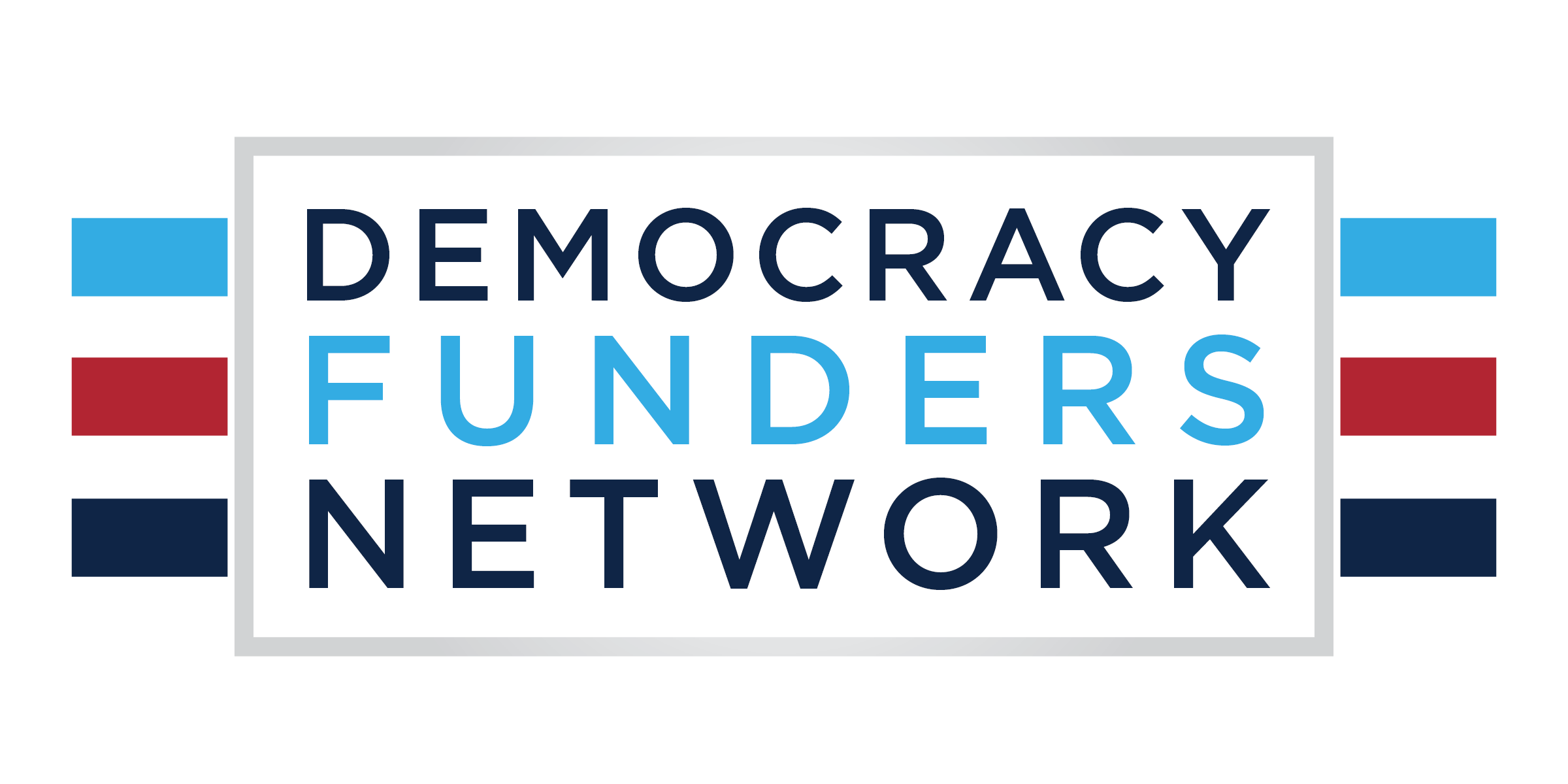Whether they are elected, appointed, or career civil servants, the people who make up our local-, state-, and federal-level institutions make a considerable impact on representation and trust in government. We entrust these individuals to make our government more effective, responsive, and accountable to the diverse constituencies they serve. Yet all too often these officials do not share the identities or lived experiences of the communities they represent. This includes gender, race, and ethnicity as much as it does education level, geography, and class. Political distrust is intertwined with failure of representation; people’s trust in government actors goes down when they perceive that those actors do not share their values and interests.
While the federal workforce as a whole is actually about as racially diverse as the U.S. population, people of color are underrepresented in senior-level positions in the federal government. Women are over 50% of the U.S. population yet only around 30% of local, state, and federal elected officials. In the U.S. Senate alone, there are three times more men named John than there are moms of minor children, and Diane Feinstein’s replacement Laphonza Butler will be only the third Black female Senator ever. Some identities are even less well represented in government, including individuals living with disabilities or who are LGBTQ, making up only 10% and .2% of elected officials at the local, state or federal level respectively.
Structural and institutional barriers perpetuate existing inequities and make it harder for underrepresented groups like women and people of color to get into and stay in government service, leaving decision-making tables devoid of their critical perspectives. What are philanthropy and civil society doing to impact representation in government at the state and federal levels? How can structural reforms that address everything from campaign funding rules to electoral systems make an impact on representation? How can philanthropy transcend the distractions of “identity politics” controversies, and instead reframe diversity in government as a nonpartisan democracy issue?
Featured Speakers:
George Cheung, More Equitable Democracy
Kevin Johnson, II, Partnership for Public Service
Larissa Martinez, Women’s Public Leadership Network
Liuba Grechen Shirley, Vote Mama Foundation
